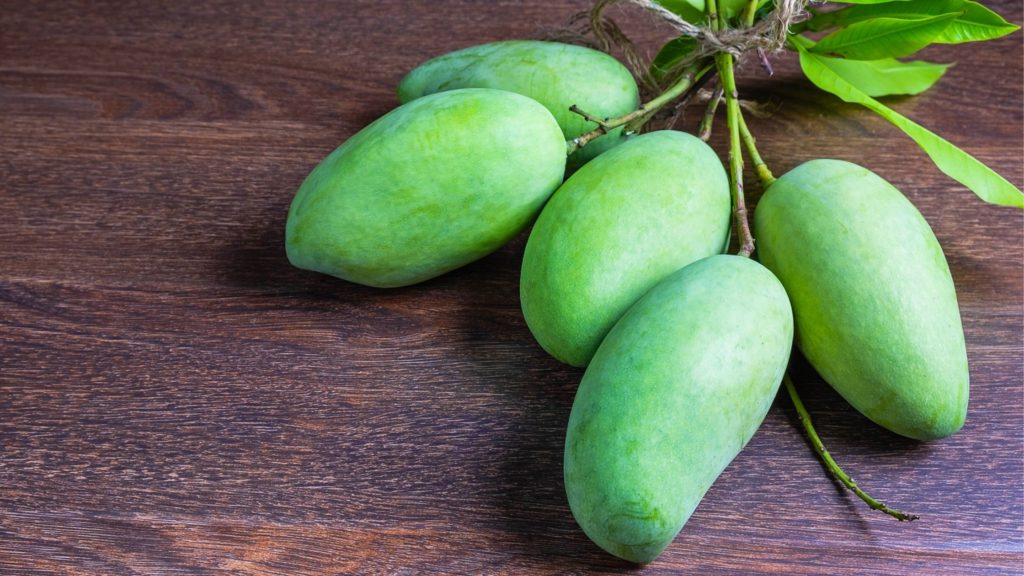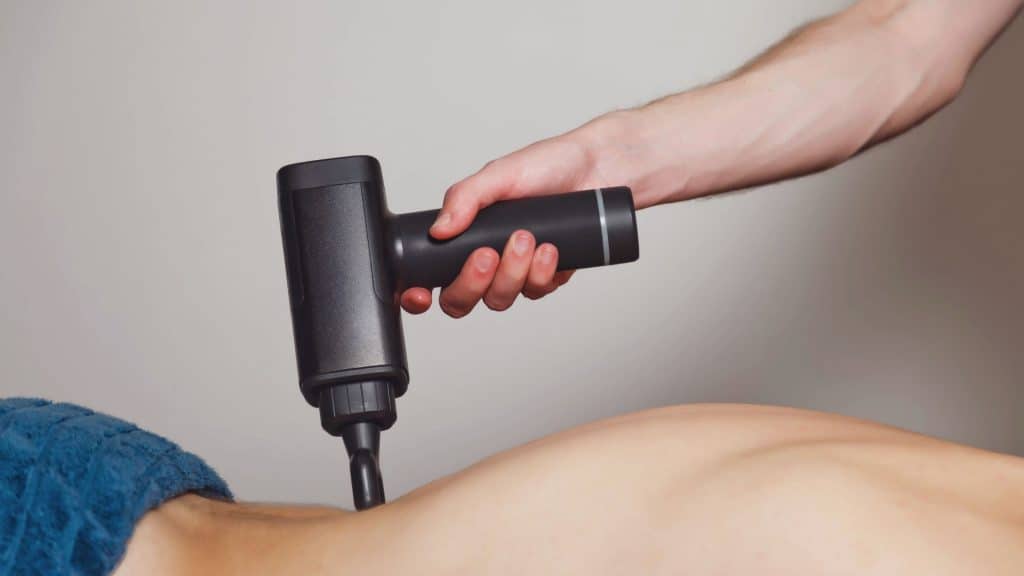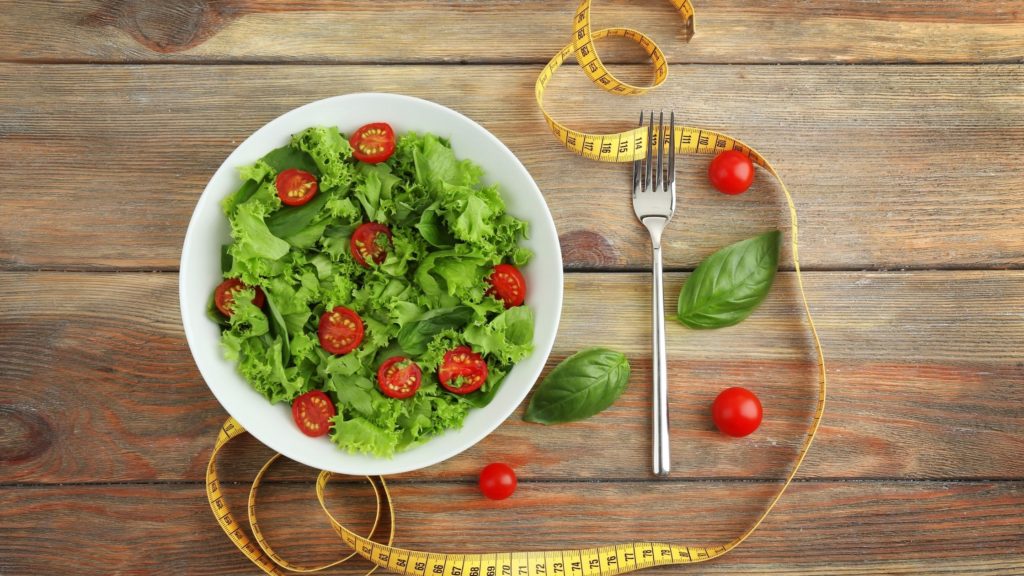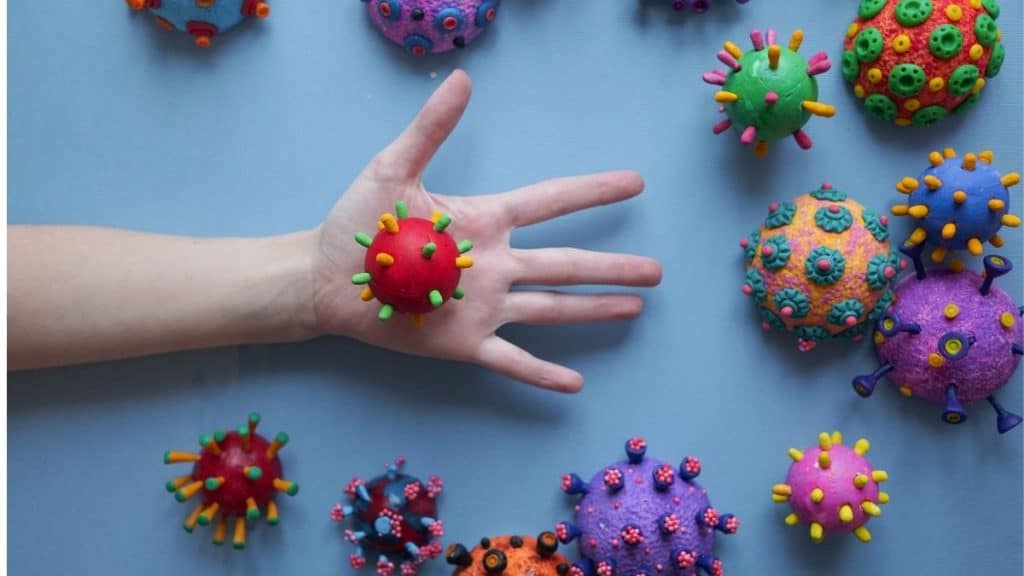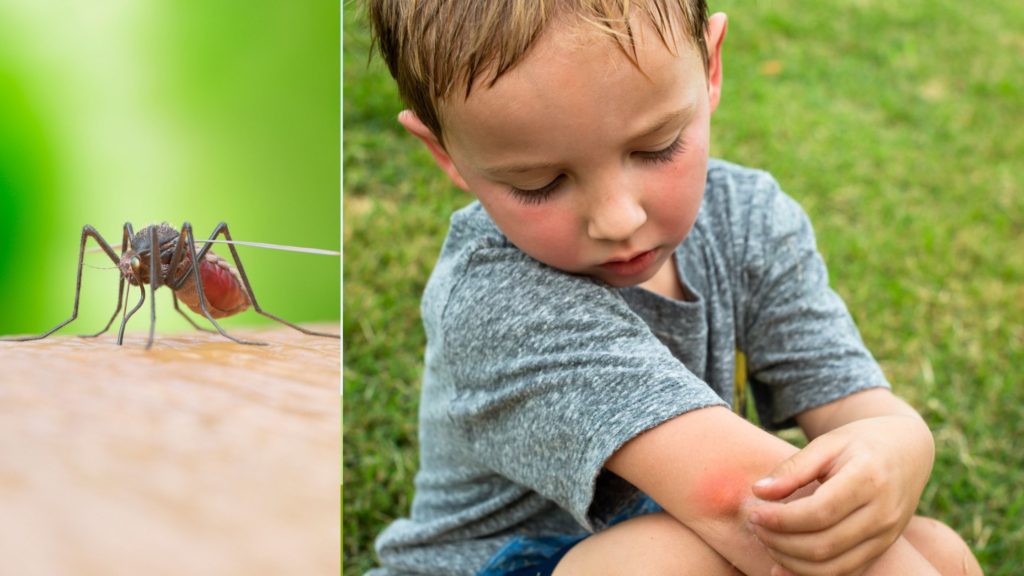
You might have experienced that among a group of friends you are the one to whom the mosquito is bothering the most. This might wonder why mosquitos are selectively biting you more than others. Well, here’s a new study published online in the journal iScience has found the answer to it 1. It all depends on which soap you use.
In this article, we will try to learn more about this interesting article and what made scientists to conclude this.
Your body odour attracts mosquito
Mosquitoes are the carrier of several infectious diseases and transmit to the human body through mosquito bites. It causes the death of hundreds of thousands of people every year. Actually, mosquitoes have a special sense to detect the presence of the host, they detect blood sources using olfactory cues (odour) released by their hosts.
The odour that emits from the host’s body also includes volatile organic compounds (VOCs). These VOCs is produced by the host as a result of the host’s metabolism or produced by the associated microbiome. So, every host including humans, and animals has different VOCs.
This allows mosquitoes to distinguish between different species of hosts and individuals of the same species.
We have been using synthetic fragrances, such as perfumes and soaps, inspired by floral extracts since time immemorial. This increased use of fragrance has introduced compounds used by insects outside their natural context.
Personal care products contain VOCs that mediate plant and host mosquito interactions. However, the extent to which soap affects human odour profiles and mosquito attraction has not been defined. In the present research, the researchers were keen to find out how mosquito bite is affected by the use of different soaps.
Soap applications alter your body odour
To test the effect of soap on human odour profiles, researchers selected four popular commercial soaps (Dial, Dove, Native, and Simple Truth)1. These are popular brands with prominence in the United States.
Scientists first analyzed the effect of these soaps on human odour profiles. For which the researchers made the volunteer wear nylon sleeves on their forearms to collect the odour sample. They collected the sample of each volunteer before washing the forearm and again with washing the hand with different brands of soap.
The sample was then analysed using gas chromatography-mass spectrometry. They also tested the behavioural response of the yellow fever mosquito, Aedes aegypti, to human odours with and without soap using attractive and repulsive mixtures.
Check your brand as natural soaps tend to attract fewer mosquitoes
The result was clear why some people attract more mosquitoes. The result found that the soap application actually altered the human odour profile. The analysis of the odour sample collected by the nylon sleeves worn by volunteers on their forearms showed that soap washing significantly modified human body odours in both chemical composition and abundance.
The abundance and number of VOCs were significantly increased by soap washes when compared to unwashed skin.
So, what differences do the researchers notice with different brands of soap?
Out of all the brands, the two soaps advertised as more “natural and native” tended to be less chemical-heavy soaps than Dial and Dove. Researchers found that soaps that contain plant-derived chemicals, such as terpenes, can make a person more attractive to mosquitoes.
On the other hand, soaps with fewer of these chemicals can make a person less attractive to mosquitoes.
The study also found that changes in the concentration of certain chemicals in the body’s odour profile can influence mosquito behaviour. For example, increasing the concentration of aldehydes can make a person more attractive to mosquitoes.
What does it mean to us?
The application of soap changes the odour profile that emits from our body this in turn changes the mosquito’s behavioural response to human odours. According to the author of this scientific paper, the results suggest that a better understanding of the chemical ecology of mosquitoes could lead to the development of new control strategies, such as using artificial blends of chemicals to repel or attract mosquitoes.
Keep Reading: Better sleep for kids starts with better sleep for parents – especially after holiday disruptions to routines
The author is a physiotherapist who has been practising for the last 17 years. He holds a Bachelor's in Physiotherapy (BPT) from SVNIRTAR (Swami Vivekananda National Institute of Rehabilitation and Research), one of the prestigious physiotherapy schools in India.
Whatever he learns dealing with his patient, he shares it with the world through blogs and e-books. He also owns a YouTube channel, "Sunit Physiotherapist" with over 8 lakh active subscribers. Here, he shares everything he gets to learn serving the patient.


